SSL Security Certificates for Small Business Websites $199/year
If your business is running a WordPress website with a cPanel hosting service,
our team can install a trusted Comodo SSL certificate quickly and affordably.
What is SSL?
Find what you need to protect your website and its visitors from hackers and build trust with major search engines like Google and Bing.
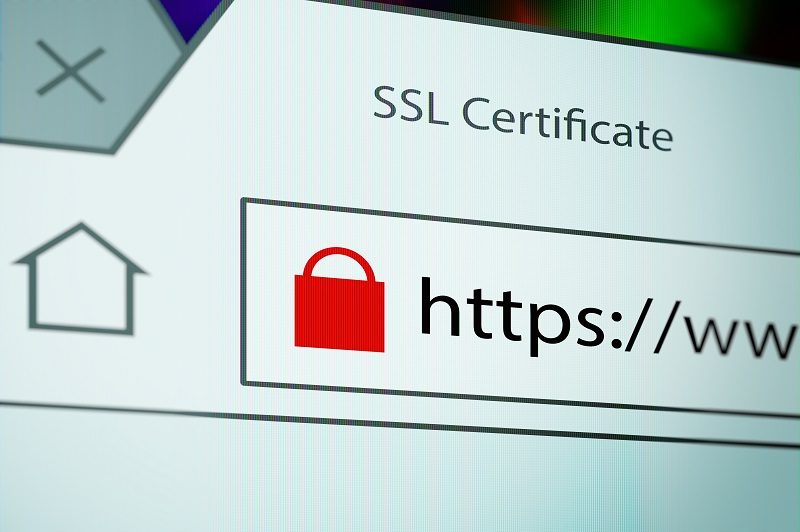
An SSL certificate protects your website from hackers and builds trust with Google.
SSL is an acronym for Secure Sockets Layer, technology to protect your website and its visitors from unwanted intrusion. Here's a definition from SSL.com:
SSL is the standard security technology for establishing an encrypted link between a web server and a browser. This link ensures that all data passed between the web server and browser remain private.
When you visit a website, complete a form and you hit 'submit,' the information you just entered can be intercepted from an unsecured website by a hacker. This "interception" is called a "man-in-the-middle attack." A hacker places a small, undetected listening program on the server hosting a website, capturing the information and then send it back to the hacker. Scary stuff, isn't it?
When you visit an SSL website, your browser will form an encrypted connection with the server, look at the SSL certificate, and then bind together your browser and the server, sending the data to the server. This binding connection is secure so that no one besides you and the website you're submitting the information to can see or access what you type into your browser.
This connection happens instantly, and is now faster than connecting to an unsecured website. This all happens in the background once an SSL certificate is properly installed on your site.
Does My Website Need SSL?
If you want your website to rank competitively and built trust with the search engines, you must make it secure.
In 2014, Google announced it would give a site additional ranking signal in search results if the website has an SSL certificate installed (HTTPS) -- meaning it would appear higher in search results. Google also said they would not penalize the websites that are not secure, at least in search results. While they didn't penalize websites directly in their search algorithm, they did start doing something else to affect the public perception of a non-HTTPS website.
Google announced in September 2016 that beginning in January 2017 they would indicate the security of a website by displaying a message and icon in the address bar of Chrome version 56 and newer. This was the beginning of Google's long-term plan to mark all HTTP pages non-secure.
Google now warns Chrome browser users that the site they are visiting and about to enter their sensitive information into is not secure. In January 2017, Google altered their algorithm to rank HTTPS websites higher on their search results pages. Chrome is currently used by more than 55% of internet users, so an SSL certificate is a must if you wish to build trust with your site visitors and with Google.
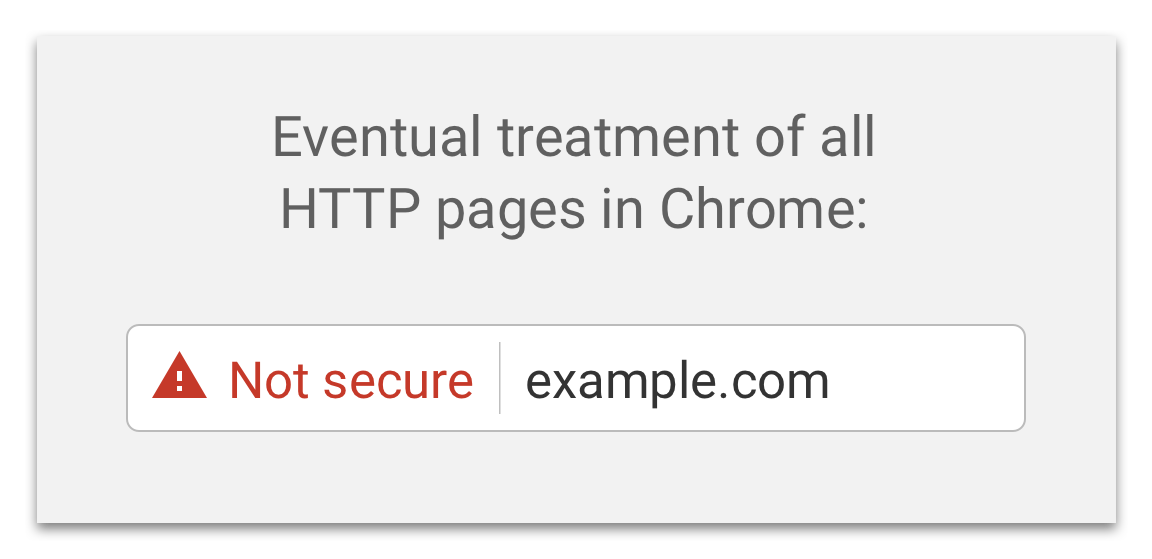
Eventual treatment of all HTTP (non-secure) pages in Chrome. Image credit: Google Blog.
How to Secure Your Website
Find out how to get an SSL certificate installed on your website to build trust with consumers and the search engines.
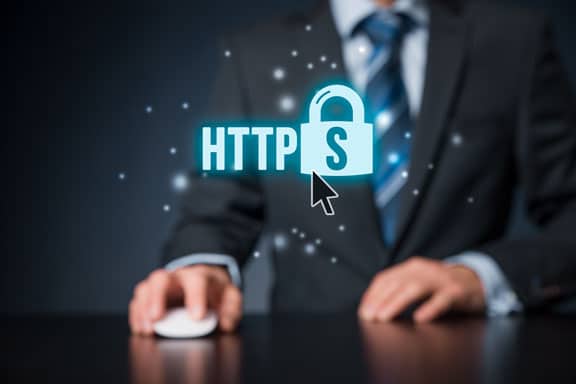
We install Comodo SSL certificates on your website within 24 hours.
Our service is designed to help our clients quickly transition their sites from HTTP to HTTPS, with minimal interruption to their website. Here are the primary actions we perform to get your website converted to HTTPS:
- Obtain a Comodo SSL certificate issued exclusively for your website.
- Install the certificate on the hosting account for your website (via cPanel).
- Update your website's configuration to redirect traffic from HTTP to HTTPS.
- Test and confirm the certificate installation was successful.
- Send you a report to verify successful certificate installation.
We typically install the certificate and update your website within 24 hours of your order.
Purchase Your SSL Certificate
(easy-to-follow instructions)
Gather Logins
You'll need the cPanel username, password and URL for your hosting account. If your website is built in WordPress, the admin login for your WordPress website.
Click "Order SSL Now"
Click the Get SSL Now button and you'll be taken to our secure checkout page.
Complete Checkout
Enter your website login info and follow the easy checkout process. We'll get your certificate installed within 24 hours or less.
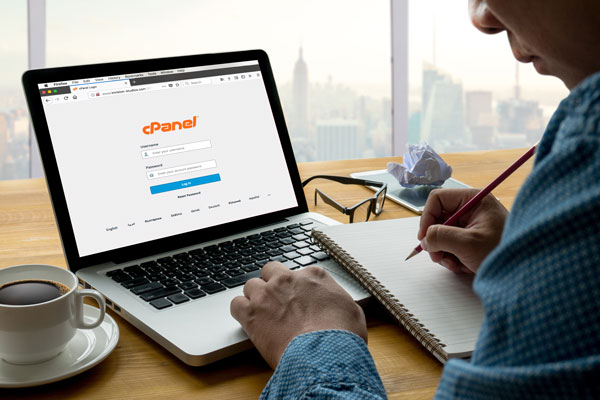
Record your cPanel login and WordPress username and password.
Contact Us
Complete the form and our support team will contact you within 24 hours.
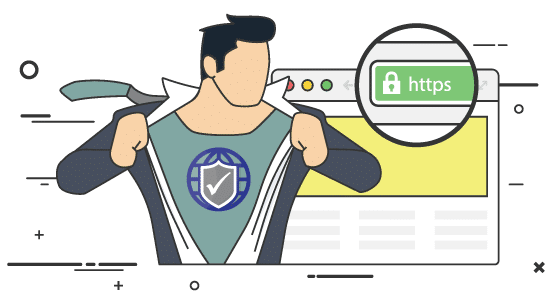
Prefer a phone chat? Click here to book a free 15-minute strategy session.
